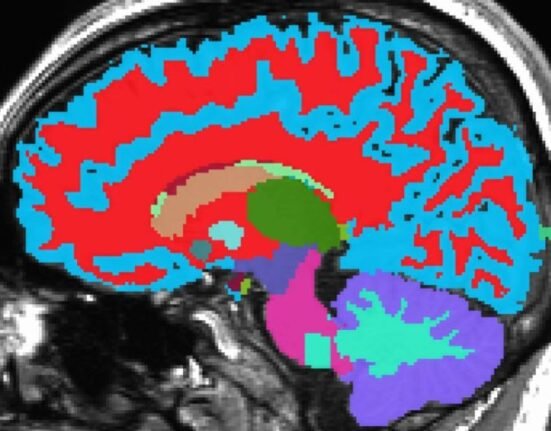HQ Team
December 18, 2024: Taxi and ambulance drivers may have a lower risk of dying from Alzheimer’s disease compared to many other professions, according to a recent study. This research, conducted by Harvard Medical School, analyzed data from nearly 9 million deceased individuals in the U.S. between 2020 and 2022, focusing on 443 occupations. The findings suggest that jobs requiring intensive memory and navigational skills could be linked to reduced Alzheimer’s mortality rates.
The study revealed that only 1.03% of taxi drivers and 0.91% of ambulance drivers had Alzheimer’s listed as a cause of death, compared to 1.69% in the general population. In contrast, other transportation-related jobs, such as bus drivers (1.65%) and airplane pilots (2.34%), did not show the same protective effect.
Taxi and ambulance drivers engage in complex spatial navigation tasks that may enhance cognitive function over time. Previous research has shown that London taxi drivers exhibit significant changes in the hippocampus—an area of the brain critical for navigation and memory—due to their extensive route memorization.
The study authors propose that frequent navigational tasks might provide some degree of protection against Alzheimer’s disease. They emphasized that while their findings are intriguing, they do not establish a definitive causal relationship.
Dr Richard Oakley, Associate Director of Research and Innovation at Alzheimer’s Society, said:“This new observational study suggests that taxi and ambulance drivers, whose jobs rely on spatial memory, have a lower risk of developing Alzheimer’s disease.
“This is an interesting theory as the hippocampus, the brain region used for spatial memory and navigation, is one of the first that Alzheimer’s affects.” But he agreed that genetics, socio-economic status and other factors play a part in Alzheimer’s.
Limitations of the study
Despite these promising results, researchers caution against drawing firm conclusions. The average age at death for taxi and ambulance drivers was around 64 to 67 years, which is below the typical onset age for Alzheimer’s (65 years). This raises concerns about whether these drivers would have developed Alzheimer’s had they lived longer
Additionally, the study did not account for genetic factors or include brain scans to assess changes resulting from their occupations.
Experts highlight that while cognitive stimulation through jobs requiring spatial awareness may be beneficial, it is essential to consider other factors influencing dementia risk. Angela Bradshaw from Alzheimer Europe noted that engaging in various cognitive activities—like taking classes or doing puzzles—has been associated with lower dementia risk over time
Moreover, Tara Spires-Jones, a prominent dementia researcher, emphasized the need for further investigation into how specific job-related cognitive demands can protect against neurodegenerative diseases. She added, “Similarly, the proportion of women taxi and ambulance drivers was 10-22% whereas in all other occupations, this was 48%. This is important because women are more likely to develop Alzheimer’s disease than men. Authors used statistics to try and take into account these limitations, but they do limit the interpretation of the study.”
The findings from this study open up new avenues for understanding how occupational demands may influence cognitive health in later life. While more research is necessary to confirm these associations and explore underlying mechanisms, the results underscore the importance of cognitive engagement in potentially mitigating dementia risks.








